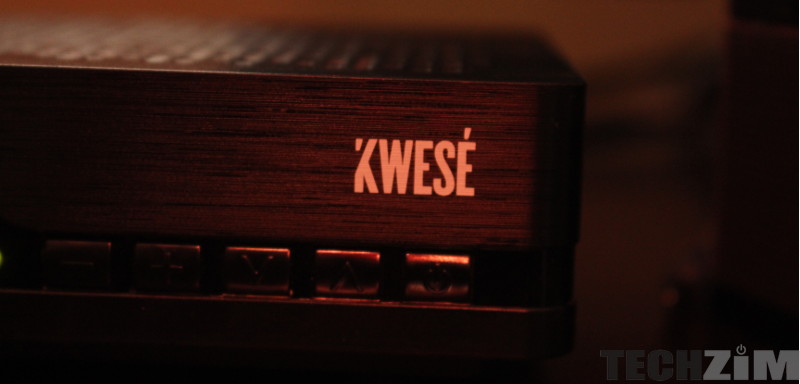To begin with we need to reiterate the facts: Kwese is shuttering its satellite business across the entire African continent and not just in Zimbabwe as some people seem to think. Officially they are not going away their passion and vision will live on in the form of Kwese Play and iFlix.
Stop blaming the Zimbabwean Economy
Like most people I initially thought Kwese was only quitting Zimbabwe but this is not the case. Kwese had satellite TV operations in several African countries including Uganda, Zambia and Botswana. The service is ending in all these countries so no, for once the Zimbabwean economy is not to blame.
Kwese themselves have not really explained in clear and understandable terms why they are stopping. Their message to customers is laced with the usual marketing verbs that say a lot without saying much. In fact the PR line is that Kwese is not really killing anything they are just reinventing themselves based on market research data.
In the absence of official reasons my colleague has already looked at possible reasons why Econet Media is killing it’s satellite baby. I would like to add to his eloquent divination. I think the entertainment industry and circumstances conspired to bring about Kwese’s demise.
A game of rights
At the heart of the broadcast industry is the issue of rights. Content producers from Hollywood, UEFA and the FA (English Football Association) create unique content which they then sell to broadcasters for an arm and a leg. In order to maximise profits the entire world is divvied up into various regions.
Broadcasters from each region then bid for rights to specific content and the winner takes it all. Sometimes these rights cover several years. Supersport ( part of the Multichoice group) for example has exclusive rights to the EPL (English Premiership League) until 2022. While this maximises the profits for right holders it effectively creates monopolies and restricts consumer choice.
What this means is that an entertainment mafia gets to decide on what platform you get to watch your favourite sports. In fact it is very possible for different sports or sporting league matches to be available on different platforms requiring an enthusiastic viewer to subscribe to them all in order to enjoy them. For example an NBA and EPL fan would have needed both Kwese and DSTV.
Because that is an expensive prospect people ended up making choices which saw Kwese play second fiddle through no fault of its own. It would be a different matter if the rights holders simply put a reasonable price on their content, a price that would cover cost and give them a healthy profit. Anyone who wants the rights could just pay this price and broadcast the content. FIFA did something similar with the World Cup and people could watch on Kwese or DSTV. The world didn’t end so it clearly works.
Governments need to intervene for the sake of competition
The thing that miffs me the most is that just like with the Berlin Conference of yore countries are not consulted when rights holders carve up the world into various regions for broadcasting rights purposes. Zimbabwe and its neighbors are just lumped together into the Sub-Saharan contingent.
The result is that companies from rich better economies end up snapping up all the rights for the entire region. An emerging Kwese is tossed into a ring with Multichoice a seasoned gladiator in a winner-takes-all rights contest. Although Kwese won several bidding rounds it meant that in the end they bit up more than they could chew as that meant they had no money to bid on other content. Against a well oiled-juggernaut which already had bid for several rights virtually unopposed years before but still held the rights Kwese had no chance.
Governments in sub-saharan Africa hold the key. They should realise that companies like DSTV are really only better because they came up first, snapped up all the rights and created up a virtual monopoly and barriers to entry. It is within their power to stop this and create choice for customers by levelling the field. Multichoice should be compelled to resell rights to its competitors.
For if a company with the global clout of Econet cannot stand up against Multichoice then God help us all.
